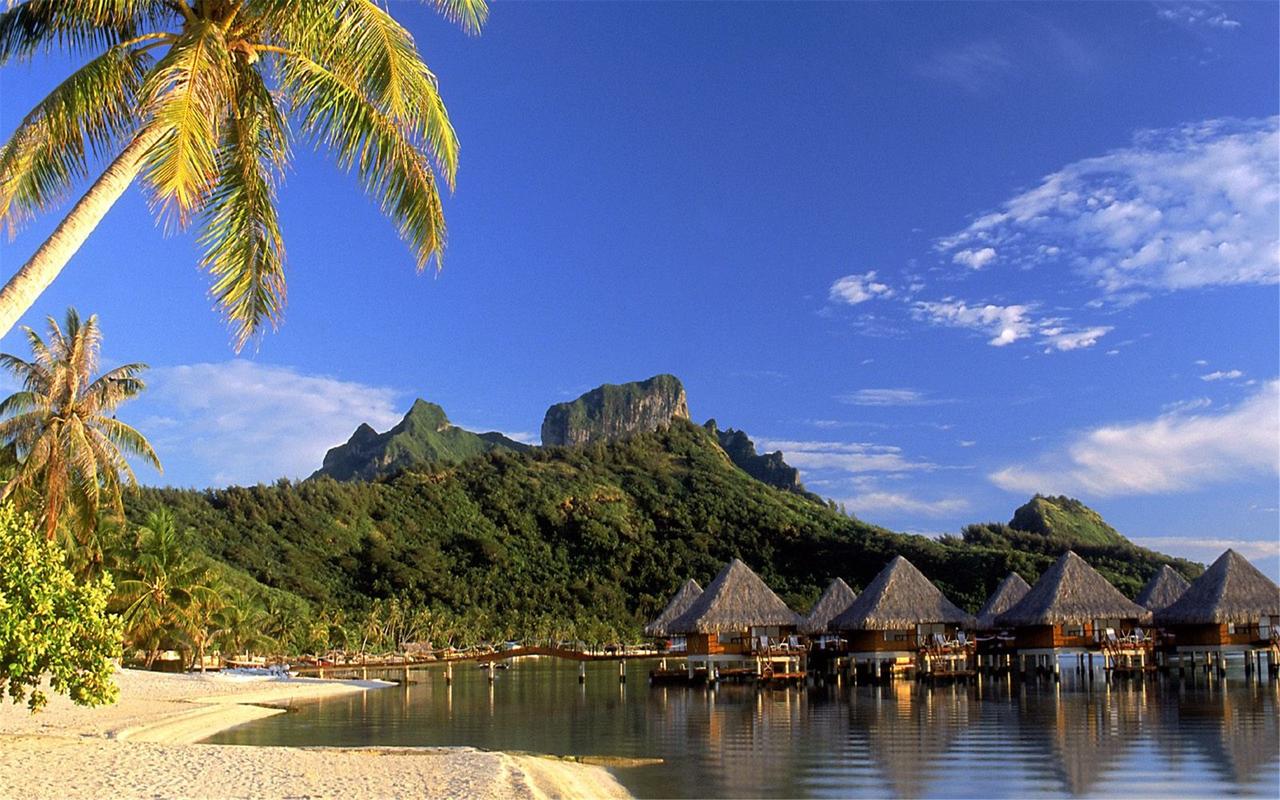The vast and ancient culture of Mongolia has been capturing the hearts of adventurers, historians, and travelers for centuries. Being a landlocked country, Mongolia is situated in the heart of Asia, and its history and traditions date back over 3,000 years. The country is unique in its culture, lifestyle, and traditions that make it an exciting and fascinating destination for many explorers and scholars.
The Mongolian people embrace their cultural heritage with pride, and their traditions are evident in every aspect of their society. One of the most unique features of Mongolian culture is their emphasis on hospitality. It is common for travelers to be offered lodging and food by Mongolian families or nomads as a form of traditional hospitality, which is known as ‘ger’ or ‘yurt.’ This ancient practice dates back to the time when the Mongolian Empire ruled a significant portion of the world.
Another fascinating aspect of Mongolian culture is their traditional clothing, which is known for its elegance and sophistication. Mongolian people wear colorful and elaborate dresses, which are adorned with intricate patterns and embroidery. The traditional clothing also includes headwear and boots, which are designed for comfort and functionality.
Mongolian tradition places great emphasis on the importance of family and community. This aspect of their culture is reflected in their social life, where family members and friends are relied upon to live and work together in harmony. Mongolian society is said to be structured around the herding of livestock such as sheep, goats, horses, and camels, which is a way of life for the people. As a result, nomadic lifestyle and traditions have been well-preserved throughout history.
Mongolian cuisine is another exciting aspect of their culture. Mongolian dishes are influenced by their nomadic lifestyle, and the cuisine is known for being hearty and wholesome. Meat is a staple in their diet, with lamb, mutton, and beef being the most popular choices. Milk, cheese, and yogurt are also common in their food.
In Mongolian culture, events such as festivals, sports, and music play a significant role in their social life. The Nadaam festival is one of the most significant events in Mongolian culture, where traditional sports such as wrestling, horse racing, and archery are celebrated. Mongolian traditional music like khoomii, a style of throat singing, is also something that attracts many visitors every year.
In conclusion, Mongolian culture is a rich and diverse tapestry, woven from tradition, history, and community. From its colorful and intricate clothing to its deep sense of hospitality, the country’s unique lifestyle and traditions offer a fascinating experience for travelers and scholars alike. With an emphasis on family and community, nomadic society and timeless traditions, Mongolia is a destination that has something for everyone.
(Note: Do you have knowledge or insights to share? Unlock new opportunities and expand your reach by joining our authors team. Click Registration to join us and share your expertise with our readers.)
